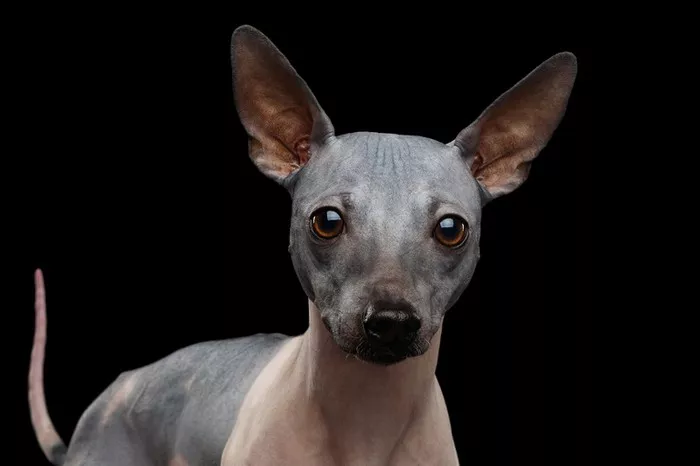American Hairless Terriers are unique and charming dogs known for their distinctive appearance and lively personalities. Originating from the United States, these terriers have gained popularity for their affectionate nature and suitability as companion animals. Before bringing an American Hairless Terrier into your home, it’s essential to understand the associated costs and considerations involved.
Price Range
The cost of an American Hairless Terrier can vary significantly depending on various factors, including breeder reputation, location, and lineage. On average, the price range for an American Hairless Terrier puppy from a reputable breeder is typically between $800 to $2500. However, prices may vary, with some exceptional specimens or show-quality dogs commanding higher prices.
Additional Costs
In addition to the initial purchase price of an American Hairless Terrier, there are several additional costs to consider when owning this breed:
Veterinary Care: Routine veterinary care, including vaccinations, check-ups, and preventive treatments, is essential for maintaining your dog‘s health. Budgeting for annual veterinary expenses, as well as unexpected medical emergencies, is crucial.
Grooming: While American Hairless Terriers don’t require traditional grooming like their coated counterparts, they still need regular bathing, skin care, and nail trimming. Investing in pet-safe grooming products and supplies is necessary for keeping your dog clean and healthy.
Supplies: Other essential supplies for owning an American Hairless Terrier include food and water bowls, a comfortable bed, toys for mental stimulation, and a leash and collar for walks and outings. Budgeting for these items ensures your dog’s comfort and well-being.
Finding a Reputable Breeder
When purchasing an American Hairless Terrier, it’s crucial to find a reputable breeder who prioritizes the health and welfare of their dogs. Look for breeders who are members of recognized breed clubs and adhere to ethical breeding practices. Avoid purchasing from puppy mills or backyard breeders, as they may prioritize profit over the well-being of their dogs.
Adoption Options
Alternatively, adopting an American Hairless Terrier from a rescue or shelter can be a more affordable option. Many reputable rescue organizations specialize in specific breeds, including American Hairless Terriers, and provide dogs in need of loving homes. Adoption fees typically range from $100 to $300, covering initial vaccinations, spaying or neutering, and microchipping.
Conclusion
In conclusion, owning an American Hairless Terrier comes with associated costs and considerations that potential owners should be aware of. Understanding the price range, additional costs, finding a reputable breeder, and adoption options can help prospective owners make an informed decision about bringing an American Hairless Terrier into their lives. By considering these factors and budgeting accordingly, owners can provide their American Hairless Terrier with the care and attention they deserve for a happy and healthy life.
FAQs
Is the American Hairless Terrier rare?
While not as common as some other breeds, the American Hairless Terrier is not considered extremely rare. The breed has gained popularity over the years, but they may still be less common than more mainstream breeds. However, dedicated breeders continue to work to preserve and promote the breed.
Are American Hairless Terriers good dogs?
Yes, American Hairless Terriers are known for their affectionate, loyal, and intelligent nature, making them excellent companions for individuals and families. They thrive on attention and are eager to please their owners, often forming strong bonds with their families.
Are American Hairless Terriers cuddly?
Many American Hairless Terriers enjoy cuddling and being close to their owners. Their affectionate nature often leads them to seek out snuggles and physical affection from their human companions.
How long do American Hairless Terriers live?
American Hairless Terriers typically have a lifespan of around 14 to 16 years, though individual lifespans may vary based on factors such as genetics, diet, exercise, and overall healthcare. With proper care and attention, they can live long, healthy, and fulfilling lives as cherished members of the family.


